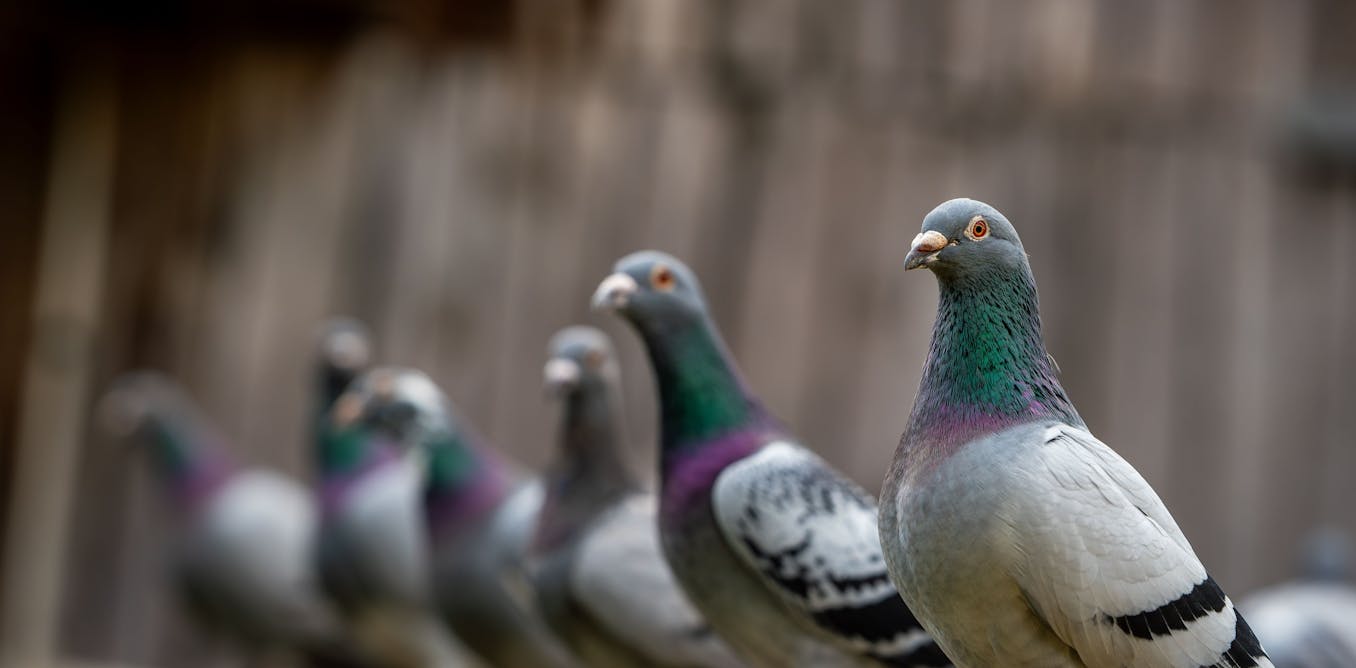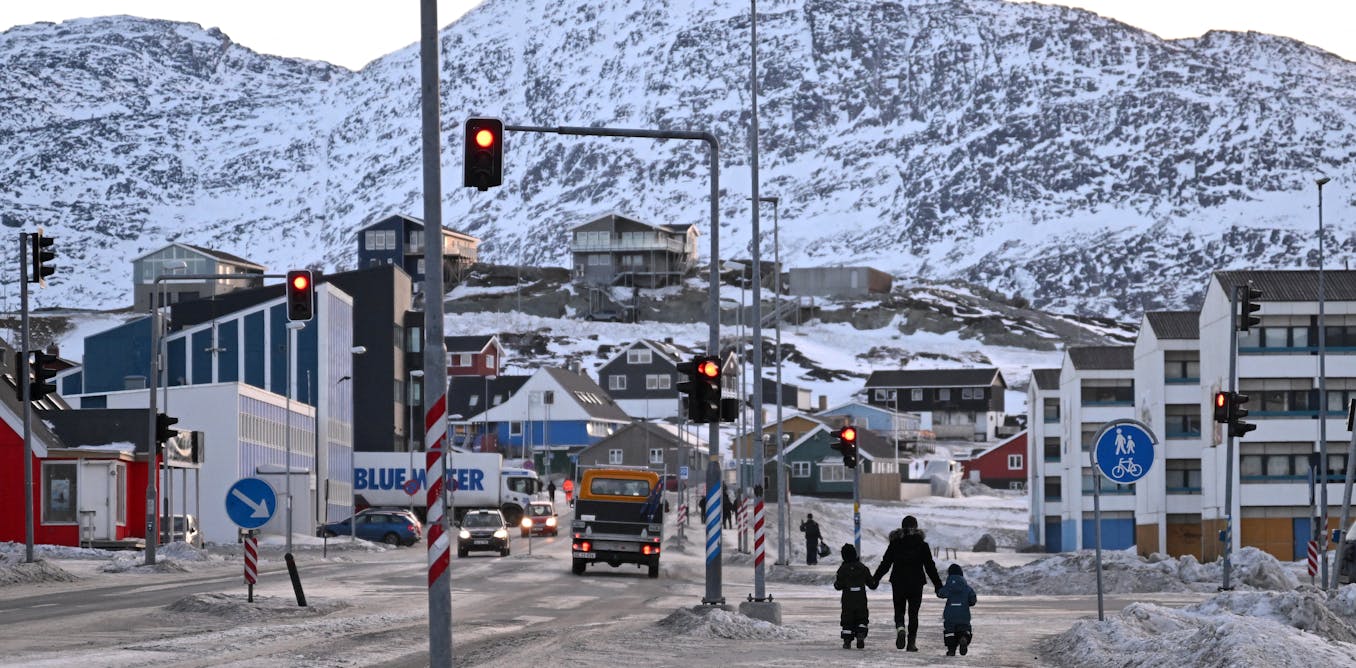It was the middle of the pandemic; months had passed since I last wrote a word. I had never run out of stories since the age of five. But here I was, taleless.
My work was to tell stories about the future, futures brought about by the work of humans, a species that is by no means perfect but whose efforts to perfect itself I held as an article of faith. The pandemic, however, destroyed that faith.
The disease itself didn’t scare me, but the politics did. All around me I saw saber-rattling, finger-pointing, paranoia, jostling for power, calls for war. Lies were the most popular stories, varieties of hate the loudest voices, acts of violence the most memorable deeds.
Nations and peoples of the world did not come together as one when an existential threat faced all humanity. Instead, they viewed it as a perfect opportunity to divide, to conquer, to fall apart. Someone who ought to know better wrote an article celebrating the high death toll in our country as a sign that we were ready for war. Someone else who ought to know better wrote an article musing that Americans of Asian descent were perhaps not “American” enough.
All of a sudden, I no longer felt home in my country.
The opening of a book
It was impossible to tell stories about the future. It was also impossible to read stories written by others—those other stories took place in a world before the pandemic; they didn’t account for this.
For solace I tried to escape into things that weren’t storytelling. I fixed old video game consoles, running my soldering iron up and down the ribbon cable, seeing the dead screen slowly coming back to life as the aged solder, refreshed by the heat, allowed electricity to flow across dry contacts once again. I baked bread, losing myself in kneading and folding, much as Ishmael loses himself on the Pequod squeezing the lumps in whale spermaceti. I trained neural networks, feeding them my own fiction in the hope—not entirely unserious— that a robot version of my mind could go on to tell stories about the future while I no longer could.
And I began to read the Dao De Jing. In the millennia since its composition, Laozi’s book has become an integral part of Chinese cultures and languages. It is the source of countless allusions, metaphors, fixed expressions, idioms. To grow up Chinese was to absorb Laozi through the very air. I knew that governing a country was no different from cooking a small fish. I knew that the best vessels would come out of the kiln last. I knew that the ideal political state involved some aphorism about roosters crowing and dogs barking. I knew that these bits came from Laozi even though I had never read the Dao De Jing, in the same way that I could hold up a plastic skull and proclaim “Alas, poor Yorick!” as a kid long before I read any Shakespeare.
But I had never read the book from start to finish. Like many other classics, I simply assumed I knew it through its translations, quotations, fixed expressions, dead metaphors.
An invitation to the reader
In desperation, I began to read the Dao De Jing. I read it because I could no longer read or tell stories. I read it because the future seemed absolutely hopeless. I read it hoping to find a way out of the darkness.
And it was nothing like I expected. In the Dao De Jing, Laozi is not the kind and wise sage of Orientalist fairy tales, spewing platitudes that say nothing. He’s sharp but doesn’t cut; he’s righteous but doesn’t judge; he’s hopeful but not sweet.
The root of lightness is weight;
The master of recklessness is repose.
Why does a lord of ten thousand chariots treat the fate of the world so lightly?
Sometimes his words can seem like clichés, but that’s only because they’re so embedded in our collective consciousness. Sometimes he can come across as a provocateur, almost trolling, but that’s because he doesn’t think language itself makes much sense.
If it’s not laughed at, it isn’t worthy of being Dao.
The advancing Dao appears to retreat;
The straight Dao appears twisted.
Laozi doesn’t comfort. He doesn’t persuade. He doesn’t offer solace.
Heaven and earth are not benevolent.
To them, all things in the cosmos are straw dogs.
The Dao-aware are not benevolent.
To them, the people are straw dogs.
He simply makes observations about Dao, the path of providence, of grace, of life itself. There’s no need for Laozi to convince you of anything, for he’s not trying to sell you anything. You can take his words or leave them; it’s all the same to him.
Instead, he invites the reader to have a conversation with his text, through which the readers must discover their own way. The text is not what matters, but the attempt to see the shimmering water flowing beyond the channels of the text. Again and again, Laozi insists, Dao cannot be taught; you must come to it yourself.
A voice that has survived the ages
In that refusal to confront, to judge, to direct, Laozi did comfort me, persuade me, give me solace. What can be more comforting than to have a conversation with a mind that has transcended mortality, a voice that has survived the ages?
Between heaven and earth is a bellows, empty but inexhaustible. The more movement, the more powerful the flow.
The more I read, the more I wanted to argue, to contend, to dispute, and then, later, to yield, to accept, to imagine. In that conversation with Laozi’s text, I began to see the shape of my own life, the questions that opened seams, the patterns that pooled and shimmered. I began to feel the desire to write again — though that would have to wait for another book.
It wasn’t a way out, not yet, but a path always began with the desire to walk.
Meanwhile, a record of my conversation with him could be set down, which might be more conventionally termed a translation. All translations are, ultimately, a record of the translator’s trials to discern the spirit of the text within its shadowy mirror. This translation merely makes that struggle obvious instead of hiding it, a foolish honesty that I think Laozi would appreciate.
That is how this book came to be.
After hundreds of generations, a single tomb in Hunan Province could transform the way we understand the textual order of the Dao De Jing. Who’s to say that after thousands of translations, this one won’t touch you in a way that others haven’t?
In the end, a dandelion needs no reason to blossom, even though a thousand other flowers are already blooming. A child needs no rationale to sing, even though a thousand other songs have already been sung. I need no rationale to produce a new translation of the Dao De Jing other than to declare that I love the book and wish to do so.
This article Why the ancient power of the Dao De Jing is more important than ever is featured on Big Think.

The post “Why the ancient power of the Dao De Jing is more important than ever” by Ken Liu was published on 09/30/2024 by bigthink.com





































Leave a Reply